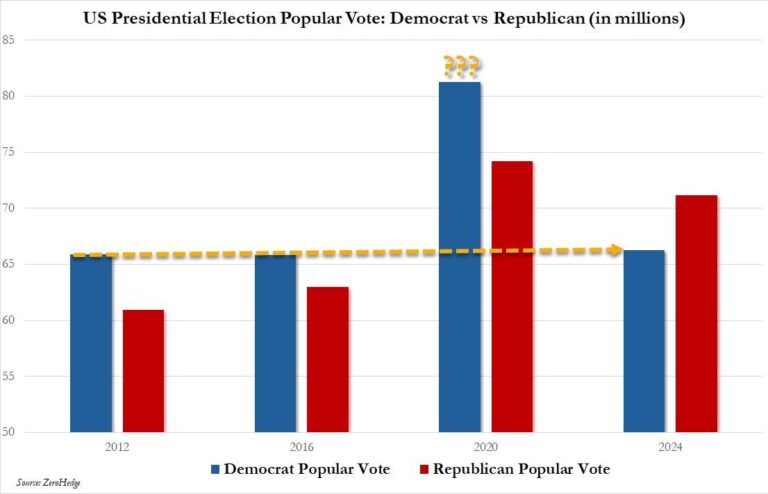With a recent lengthy discussion here in the comments about genetics and intelligence, I thought Creative Minority readers would be interested in a new study that looked at how good genetics is at predicting disease.
Researchers at Johns Hopkins looked at occurrence of disease in identical twins and found that genetics were not a good predictor of who will suffer from what disease. From The Atlantic:
The just-published study examines how often identical twins get the same diseases. Reviewing records of 53,666 identical twins in the United States, Sweden, Finland, Denmark, and Norway, researchers tabulated how well genes predict the chance of getting a disease. The answer is that they really can’t. Predictions based on genes turned out to be very close to useless. As Gina Kolata summed up in The New York Times: “While sequencing the entire DNA of individuals is proving fantastically useful in understanding diseases and finding new treatments, it is not a method that will, for the most part, predict a person’s medical future.”
So if genetics is not a good predictor for disease, then it is not likely a good predictor for personality traits like intelligence either. Environment is important in shaping a person both medically and socially.
And yet utilitarian ethicists like Julian Savulescu and others continue to argue that we should genetically screen our children when they are embryos for not only disease, but also personality traits like intelligence.
Read more about this study and the folly of genetic determinism at Mary Meets Dolly >>


